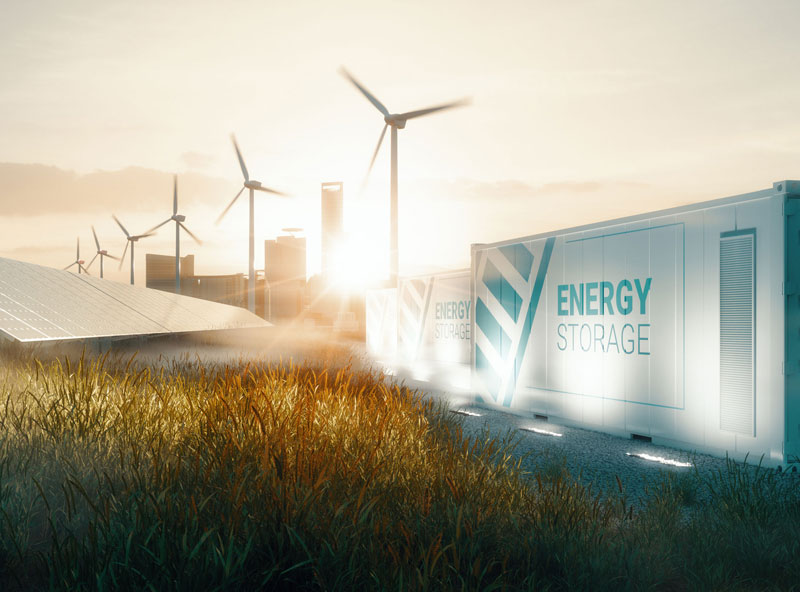The German Energy Efficiency Act for the promotion of energy efficiency in Germany (Energy Efficiency Act - EnEfG) took effect on the 18th of November, 2023. This law stipulates important provisions for various stakeholders in order to increase energy efficiency in Germany and reduce environmental consequences.
The following stipulations apply to the public sector including the federal government, the 16 states and all public entities:
- Annual commitments for final energy savings: public entities with total annual energy consumption amounting to more than 1 GWh must reduce final energy consumption by 2% each year until 2045.
- Implementation of an energy or environmental management system: public entities with total annual energy consumption amounting to more than 1 GWh must implement a simplified energy management system (ISO 50005, at least level 2). Entities with annual consumption of more than 3 GWh are required to implement an energy or environmental management system (ISO 50001 or EMAS). These systems must have been implemented by the end of 30th of June, 2026.

Significant regulations have also been established for businesses:
- Implementation of energy or environmental management systems: companies with total annual energy consumption amounting to more than 7.5 GWh (average over the last 3 full calendar years) must implement an energy or environmental management system (ISO 50001 or EMAS). This must take place within a period of 20 months.
- Preparation of implementation plans: companies with total annual energy consumption amounting to more than 2.5 GWh must prepare and publish concrete, feasible implementation plans for economically identified energy-saving measures within 3 years.
- Waste heat flow: companies must record the flow of waste heat and are required to evaluate and implement waste heat recovery measures. Technically feasible final energy saving measures must be evaluated as well.
Operators of data centers are subject to further specific requirements, in particular:
- Energy efficiency and waste heat requirements for data centers vary depending on when they’re placed into operation. The later a data center is started up, the stricter the requirements.

On the whole, EnEfG provisions are complex and require extensive adaptation on the part of businesses and public entities. It’s important to note that the implementation of energy or environmental management systems takes time and it’s advisable to seek expert advice at an early stage.
The complete draft bill can be viewed at:
https://www.recht.bund.de/bgbl/1/2023/309/VO.html




